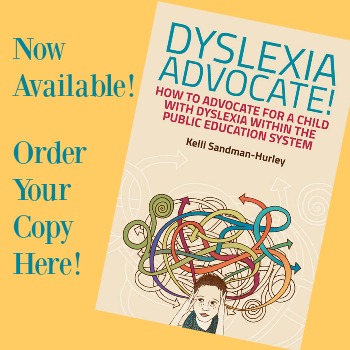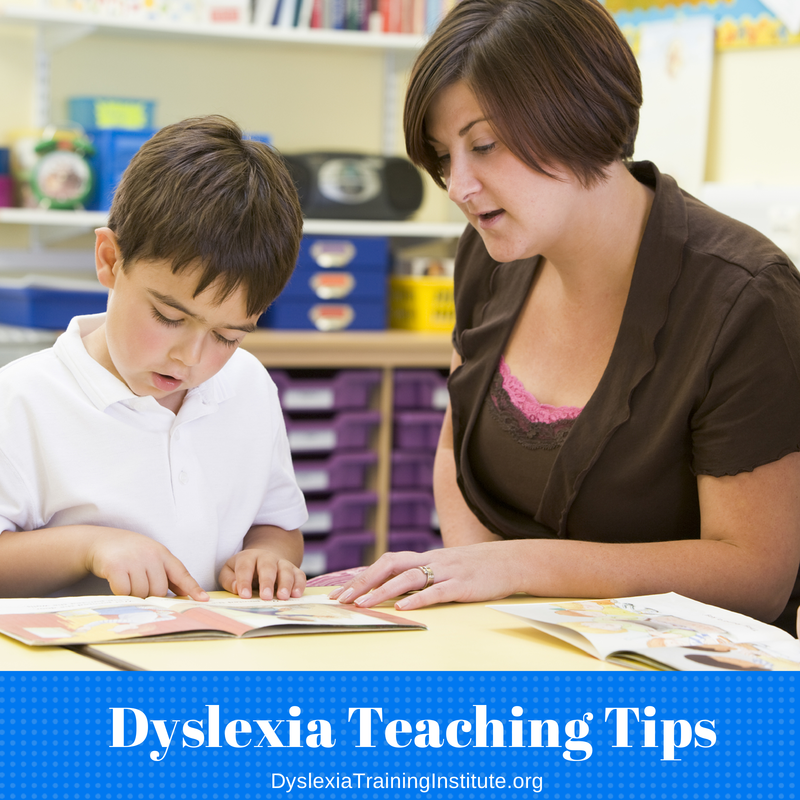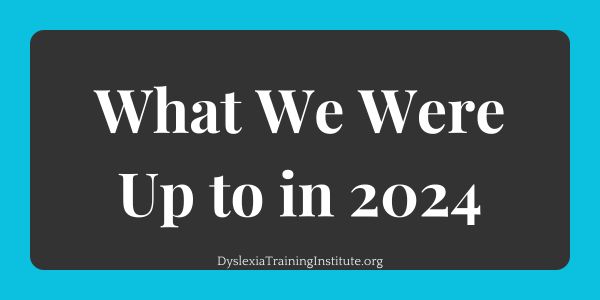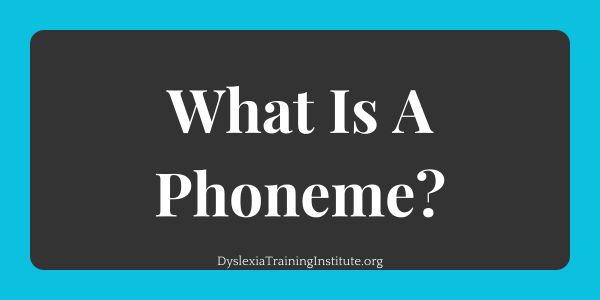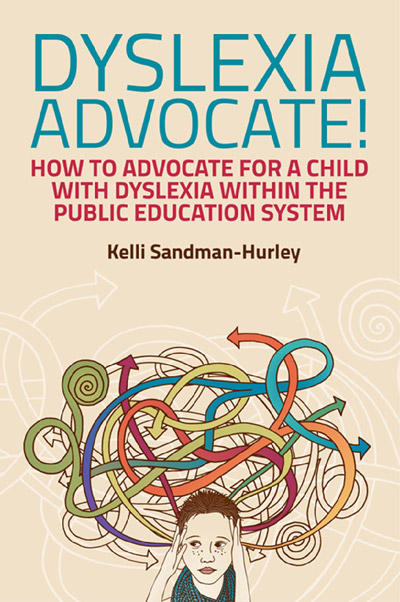You know what’s really hard? It’s really hard to learn something that completely changes what you previously thought you understood about something. While it is destabilizing to have what you thought you knew debunked in a matter of minutes, lifelong learners know that it is a golden opportunity to learn even more and most of us are very excited and motivated by the destabilization. When it comes to teaching reading and spelling, what you choose to use with your students it totally up to you and should be in response to the individual needs of the student, but before you teach your next class or session, consider and ruminate about these four facts about English that every single teacher should know:
Fast Fact #1 – The English writing system is not based on syllables.
The English writing system is morphophonemic. This means that it is difficult to know how to pronounce a word until we consider how the morphemes interact with each other. For example, in the free base <please> the <s> is pronounced [z]. When we add the suffix <-ure> the phonology of <s> shifts to [ʒ] and <ea> shifts from [i] to [ɛ]. With this understanding, we can take the load off of the common weakness of memory and processing speed and transfer it to verbal and problem-solving strengths. I mean, if I had a dime for every struggling reader and speller that was a great Lego builder…English is just like Legos, find the elements (morphemes) that fit together and build something beautiful. With the base <please> you can build please, pleasant, pleasantly, displeasure, pleasing, and on and on.
Fast Fact #2 – Spoken English is a stress-timed language.
This is one of the reasons we cannot reliably ask students to “sound out” words, as a first step when spelling or reading. English speakers often either reduce spoken vowels to schwas or elide the vowel completely. Say this sentence in a normal conversational rhythm: Our president was part of the family. Then write that sentence exactly as you hear it (there are no right answers, we all articulate things differently), you might come up with something like this: R presidint wuz prt ov the famly. Now say this same sentence while pronouncing very clearly each and every syllable. This second rendition is almost incomprehensible to native English speakers. So, now take a look at some spelling mistakes and see if a mistaken phonology-first strategy can explain a few of the spelling errors. When we remind students to think about what the words mean as they write them, we see more mindful spelling; not perfect spelling, but mindful.
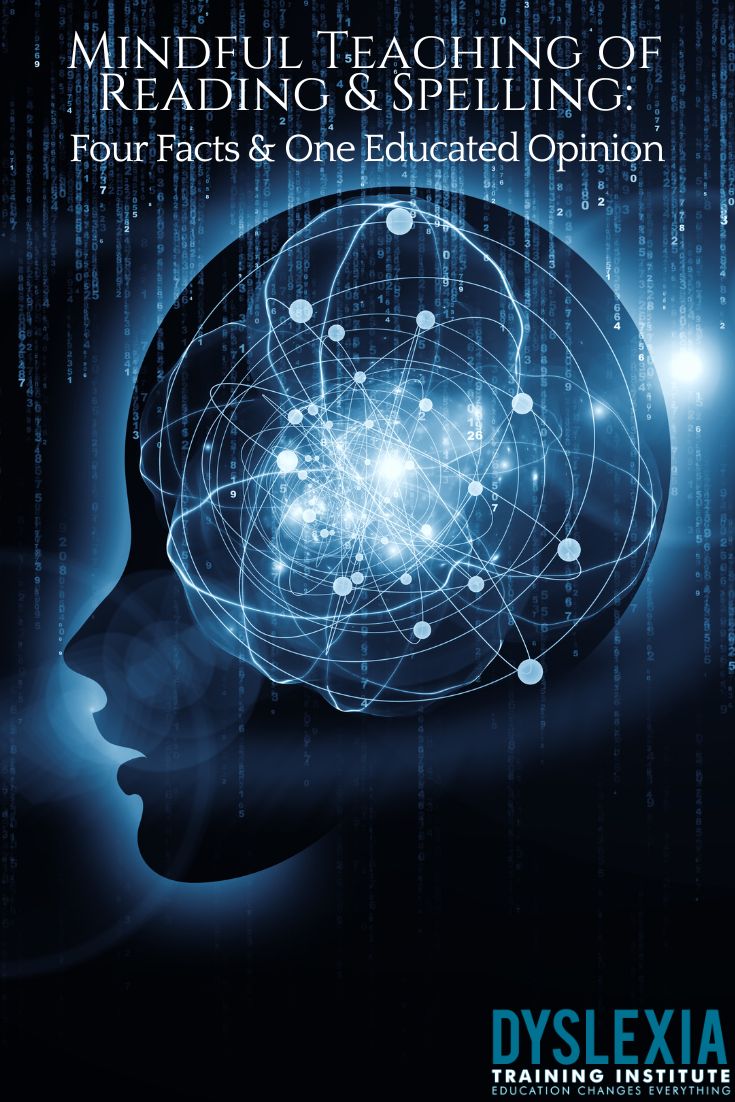
Fast Fact #3 – Spelling is not phonetic, period.
If we are going to toss around linguistic terms while we are teaching reading and spelling, we really should make the effort to use the terminology correctly, right? Phonetics is a branch of linguistics that studies the minimal segments (phones) of speech. A phoneme, on the other hand, is a psychological construct, an “alphabet-induced concept” (Coulmas, 1999), and “…a mental entry related to various allophones [phones] by phonological rules…”(OSU, 2016). The phone is the smallest unit of physical pronunciation and the phoneme is the smallest unit of distinctive, mental categories of pronunciation. Phonemes are spelled in an orthography, not phones. That is a critical distinction, especially when we are using pedagogical “phonemic awareness” tools to identify students at risk for dyslexia.
If a student identifies four ‘sounds’ in the word <fly> and we count it wrong, that is our mistake. The student’s answer actually reveals an impressive “awareness” of the number of “sounds” in that word, which is exactly what she has been told to do. She is identifying that there are four phones [flaɪ] in the word <fly>, but not that there are only three phonemes. Of course, the teacher or proctor knows there are only three phonemes because they already know how the word is written, and/or because they themselves have been miseducated about what is actually a phoneme, and what a phoneme actually is.
Phonemes and the graphemes that spell them also do not have a 1:1 correspondence in English (or in most written languages), which is why using nonsense words is problematic, because that is not how the language works. If I ask you how to pronounce the word <chom> what is the right answer? Well, there is no way to know without knowing what it means. It could be [kɑm] or [ʧɑm] or [ʃɑm] because the pronunciation of <ch> is entirely dependent on its etymology. For example, chef (French), chorus (Greek), and chip (Old English). And this is just the tip of the iceberg.
Fast Fact #4 – Drum roll please…contrary to very popular belief the troublesome <-tion> is only troublesome because it is not a suffix.
It just isn’t! How many of us have seen the word <action> spelled *<acshun>? Imagine the relief of the student when taking the pressure off the memory and the sounding out when we ask what <action> means and what the suffix <-ion> spells, it spells a noun. It changes a verb to a noun. It contributes meaning. Then ask what the meaningful parts are in that word (<act> and <ion>). Look for related words (<acting>, <inactive>, <deactivate>). Now they are ready, with mindfulness of how their language really works, to either spell or read the word. The <t> belongs to the base or stem – always.
Opinion #1 – Everything you ever wanted to know about what your student understands about the English language is in their writing.
We can give other assessments until the cows come home and none of them will give us more information. Don’t ignore spelling and when you do decide to teach it, make the effort to understand it. Understanding spelling better leads to better reading. This article is a good start.
A while back, I was lucky enough to co-facilitate a self-advocacy workshop with K-12 students, ranging in age from 8-20 years old. Their dyslexia varied from mild to severe. Their school experiences varied from horrific to a perfect fit. I asked them to raise their hand if they were poor spellers, and every hand went up. I asked them to raise their hand if they wished they were better spellers and if they were still interested in learning how to spell, and every single hand went up. When people say spelling isn’t important, it is usually someone who can already spell well making that judgment call for someone else. But if we are going to teach it, and expect our students to understand it, we have to use the terminology mindfully: Look to the linguists, because the researchers and curriculum developers are operating from a flawed understanding of the English writing system and it’s time to correct that – that is fact #5.
If you know better you should do better. Now you know better.

